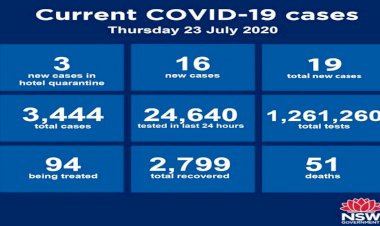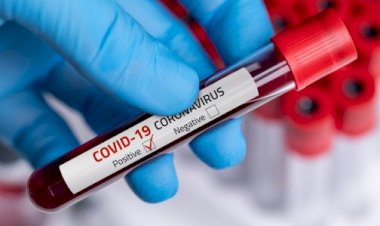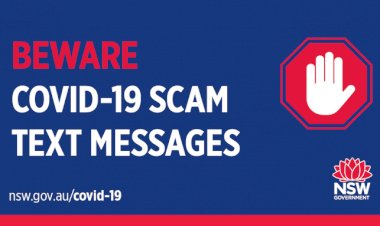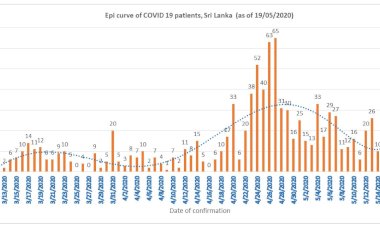Warning on COVID-19 scams
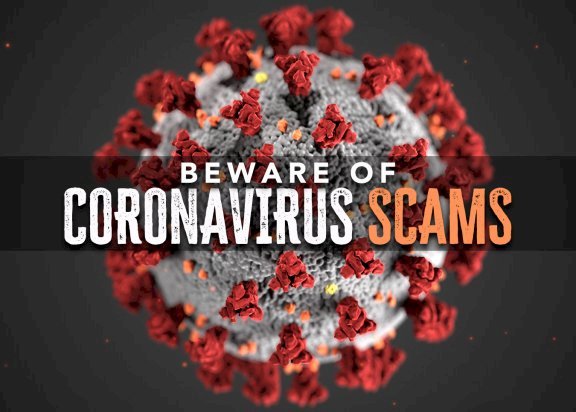
24 March 2020
People should be aware scammers are adapting existing technology to play on people’s fears around coronavirus and selling products claiming to prevent or cure the virus.
Australia’s Scamwatch has received multiple reports of phishing scams sent via email or text message that claim to be providing official information on coronavirus but are attempts to try and obtain personal data.
“Unfortunately, scammers are using the uncertainty around COVID-19, or coronavirus, to take advantage of people,” ACCC Deputy Chair Delia Rickard said.
Other scams include people receiving misinformation about cures for coronavirus and investment scams claiming coronavirus has created opportunities to make money.
“We’ve had a wide variety of scams reported to us, including fake online stores selling products claiming to be a vaccine or cure for coronavirus, and stores selling products such as face masks and not providing the goods.”
“There is no known vaccine or cure for coronavirus and a vaccine isn’t expected to be available for 18 months. Do not buy any products that claim to prevent or cure you of COVID-19. They simply don’t exist.”
“Scammers are impersonating official organisations such as the World Health Organization and the Department of Health or legitimate businesses such as travel agents and telecommunications companies,” Ms Rickard said.
“Understandably, people want information on the pandemic, but they should be wary of emails or text messages claiming to be from experts. For the most up-to-date information about the coronavirus, visit the Department of Health and the World Health Organization websites directly.”
People need to take the following precautionary measures to protect themselves from known and emerging scams:
- Independently verify the identity of any company, charity, or individual that contacts you regarding COVID-19.
- Check the websites and email addresses offering information, products, or services related to COVID-19. Be aware that scammers often employ addresses that differ only slightly from those belonging to the entities they are impersonating.
- Be wary of unsolicited emails offering information, supplies, or treatment for COVID-19 or requesting your personal information for medical purposes. Legitimate health authorities will not contact the general public this way.
- Do not click on links or open email attachments from unknown or unverified sources. Doing so could download malware or a virus onto your computer or device.
- Make sure the anti-malware and anti-virus software on your computer is operating and up to date.
- Ignore unsolicited offers for a COVID-19 vaccine, cure, or treatment. Remember, if there is a medical breakthrough, you won’t hear about it for the first time through an email, online ad, or unsolicited sales pitch.
- Check online reviews of any company offering COVID-19 products or supplies. Avoid companies whose customers have complained about not receiving items.
- Be wary of any business, charity, or individual requesting payments or donations in cash, by wire transfer, gift card, or through the mail. Don’t send money through any of these channels.
- Be cautious of “investment opportunities” tied to COVID-19, especially those based on claims that a small company’s products or services can help stop the virus. If you decide to invest, carefully research the investment beforehand.
If you think you have been scammed, contact your bank or financial institution immediately.
More information on coronavirus scams is available on the Australian Scamwatch website (https://www.scamwatch.gov.au) including how to make a report and where to get help.




 mode1
mode1 






